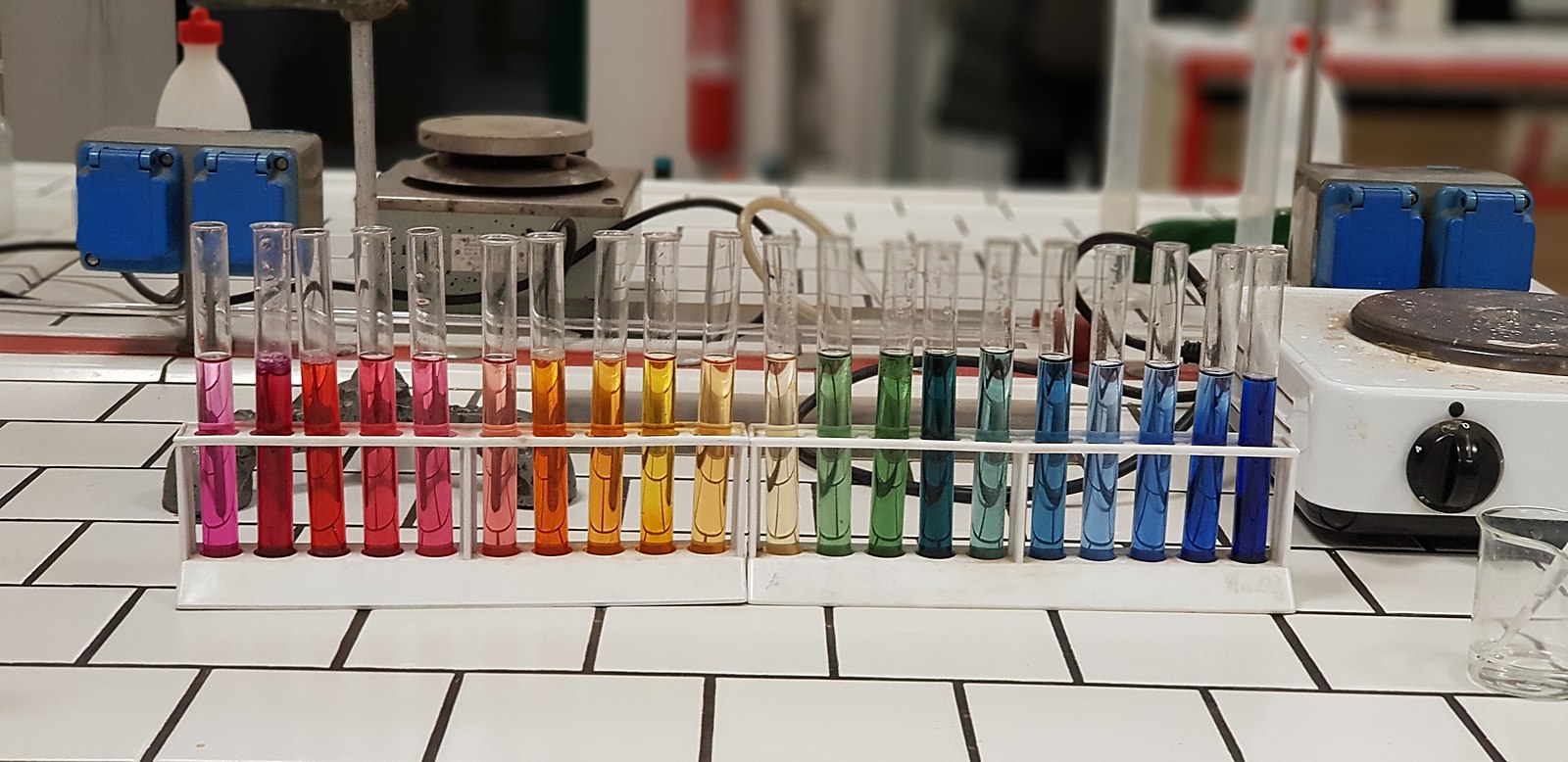The pH value of tap water in Chicago, USA, typically falls within a range of 7.6 to 8.8, indicating that the water is slightly alkaline. This alkalinity is attributed to the presence of dissolved minerals like calcium, magnesium, and sodium. While the alkalinity is not harmful, it can affect the taste and interact with certain substances, such as cleaning products or water treatment systems.
Understanding the pH of Chicago’s Tap Water
Chicago’s tap water is regularly tested and monitored by the Chicago Department of Water Management (DWM) and the Illinois Environmental Protection Agency (IEPA) to ensure its safety and quality. These tests cover a wide range of contaminants, including disinfection byproducts, chromium (hexavalent), radium, and lead.
Contaminant Levels in Chicago’s Tap Water
While the levels of these contaminants in Chicago’s tap water generally meet or exceed the standards set by the U.S. Environmental Protection Agency (EPA), there are instances where they have exceeded the recommended safety levels set by the Environmental Working Group (EWG).
- Chromium (hexavalent) levels in Chicago’s tap water have been found to be 9.7 times higher than what the EWG recommends for safety.
- Radium levels in Chicago’s tap water have been found to be 13 times higher than what the EWG recommends for safety.
- Lead is a particular concern, as many homes in Chicago still have lead service lines that can leach lead into the water supply.
Addressing the pH of Chicago’s Tap Water
For homeowners who are concerned about the pH level of their tap water, there are several steps they can take to balance it.
Water pH Stabilizers
One option is to use a water pH stabilizer, such as Five Star’s 5.2, to stabilize the mash and sparge water during the brewing process.
Campden Tablets
Another option is to use a Campden tablet, which can help neutralize chlorine in the water.
Lactic Acid or Acidulated Malt
Additionally, lactic acid or acidulated malt can be used to keep the pH within the desired range of 5.1 to 5.5.
Replacing Lead Service Lines
To address the issue of lead in the water supply, the city of Chicago has implemented two programs to assist residents in replacing their lead service lines:
- The Equity Program, which provides free replacement for income-qualified residents.
- The Homeowner-Initiated Program, which waives up to $3,100 in permit fees for those who wish to replace their lines.
Conclusion
While Chicago’s tap water generally meets or exceeds EPA standards for safe drinking water, there are instances where contaminant levels have exceeded the recommended safety levels set by the EWG. Homeowners who are concerned about the pH level of their tap water can take steps to balance it using water pH stabilizers, Campden tablets, and lactic acid or acidulated malt. Additionally, the city’s Equity and Homeowner-Initiated Programs can help residents replace their lead service lines and reduce the risk of lead exposure.
References:
– Chicago Water System – Water Quality Results and Reports
– Chicago water…PH Stabilizer?
– The Important Facts About Chicago Water Quality
– Brewing Water Profile for Chicago
– 2021 Water Quality Report – City of Chicago

